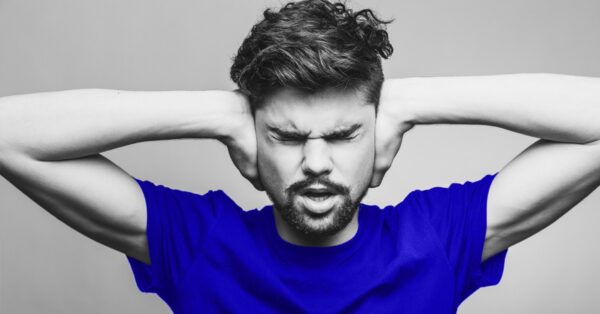Justin Bieber, Oprah Winfrey, Celine Dion, and Steve Jobs. What would the world be like without these people?
Potentially such a world could be very different than the world we live in today. In a world without these heroes, there are hundreds of songs that never existed. The world may not have a modern way to even listen to music. Technology would be different today — in fact, there is a good chance that it wouldn’t be nearly as advanced as it is today. In such a world millions upon millions of dollars would never have been donated to help those in need around the world. Luckily this world is not our reality … but it almost was.
Other than all of these people making significant contributions to the world we live in, all four of these people have an extraordinary similarity. Each one of these people faced death, in a form that none of us here will ever have to face. Each of these people were almost aborted.
Isn’t it crazy how fast the world changes with one missing person? The potential in one human being can completely change the lives of millions of people. Every person matters, whether or not they have come into this world yet. This is part of the appeal of the pro-life argument.
The pro-life argument has long been ignored. Many people, even those who are intuitively pro-life, may not know exactly what the pro-life argument is — especially because it is so rarely addressed and is often turned into something that it is not. In many instances, abortion is addressed simply as a matter of constitutionality, or women’s rights. The pro-life position is often discussed as if it were trying to deprive women from their rights to their own bodies. But this is not the pro-life argument.
It is so important for us to know what we stand for, or against. We need to understand our guiding principles in order to accurately defend ourselves and choose which side we support.
In my view, there are three basic principles underlying the pro-life argument.
First, to a pro-lifer, all people have the right to govern themselves, including what they do with their bodies. This belief is common among people on both sides of the argument whether abortion is right or not. We all want the right to do as we please and to exercise our agency. I believe in agency as a God-given gift. We are all entitled to the power to choose, and we are all expected to accept the consequences for our choices.
The second principle is that a person’s rights end when they begin to infringe on someone else’s rights. When my rights take away yours, my rights end. It would not be right for me to choose to take away your ability to choose.
The third principle is the key belief of a pro-lifer: an unborn human has the same, inalienable human rights. Life begins to progress very quickly after conception. We don’t know exactly when life is there, but I would way rather be safe than sorry. Pro-lifers believe that it happens much sooner rather than later, if not at conception, and that an unborn fetus is considered to be a living human, with the same rights as you and I.
Many mourn over a miscarriage just as grievously as they would over the passing of someone they knew and loved dearly. We feel heartache for all those whose time on earth seems to have been cut short. But really, who on earth is qualified to say when life starts? Is it the first time we hear a heartbeat? The first time we can feel the baby move? The first time we hear the baby cry? When it appears on an ultrasound? We really don’t know. Pro-lifers choose to see all human lives and all possibilities of a human life, no matter how small, as someone to fight for.
The cries of “my body my choice” are not an effective argument to convince those who are pro-life. Along with many others who are either pro-life or pro-choice, I want to have control over my own body. I want to be able to choose. The difference between someone who is pro-choice and someone who is pro-life is not whether or not we want everyone free to make their own choices. The difference is whether or not we acknowledge an unborn child as someone with rights. It may be my body and my choice, but for an unborn child, it’s also their body, and their choice.
To people who believe in pro-life values, it’s not about constitutionality. It’s about morality. It’s about ethics. It’s about potential. It’s about the person that baby could become, and the person they are, even before they leave the womb.
We see these humans as something more than a cluster of cells. We see them as children of God. Just like you and me, just like anyone else on the whole planet. And we believe that all of us are entitled to the right to breathe, to laugh, to cry and to live.
– by Nadia Griffin (17) Escalante, Junior Editor
Feature image courtesy pexels.

Nadia Griffin – Escalante
Nadia is a former designer and junior editor for The Byway. She graduated from Escalante High School in 2023. She is also the oldest of nine children. Nadia enjoys writing in almost every genre. In her free time, she loves to play and compose music.
Nadia is currently serving a mission for the Church of Jesus Christ of Latter-day Saints in the New Jersey Morristown Mission.

